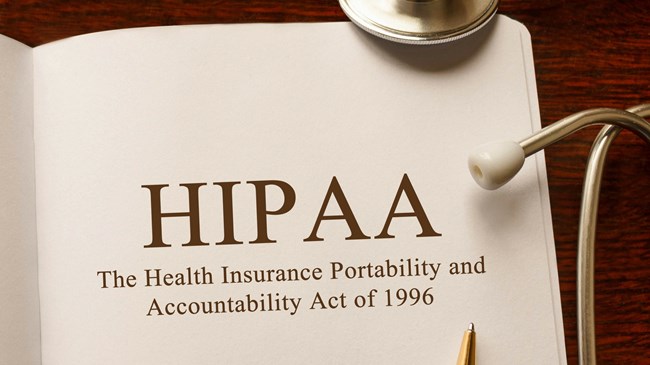As we age, health care becomes a topic of increasing importance. Who will make our decisions when we cannot, who will pay our bills, who has the authority to get information on our behalf… these are just a few of the decisions we need to make while we have the capacity to do so.
While healthcare is a very hot topic now, it was also a very hot topic in the 90’s when Health Insurance Portability and Accountability Act (HIPAA) was created. The Health Insurance Portability and Accountability Act works to improve the health insurance system and create specific confidentiality to protect you when it comes to your health information.
Through HIPPA, you can protect your medical records, maintain confidentiality and restrict information. It allows individuals to name those whom they want to allow to have access to their private medical information. HIPAA also allows individuals access to their medical information or to give it to others through their health care surrogate estate planning document. As shared by Datica, “When completely adhered to, HIPAA regulations not only ensure privacy, reduce fraudulent activity and improve data systems but are estimated to save providers billions of dollars annually.”
What are the five key features you need to know about the Health Insurance Portability and Accountability Act? These are the five things everyone should know about HIPAA:
1. The Privacy Rule requires certain covered medical providers to provide you with a notice of its privacy practices. The notice is long because the Rule requires that the notice contain certain information. The notice must describe the ways in which the provider may use and disclose protected health information, its duty to protect privacy, provide a notice of privacy practices, and abide by the terms of the current notice. Your surrogate in your estate planning documents can request this policy on your behalf if you cannot.
2. You have the right to inspect, review, and receive a copy of your medical records and billing records that are held by your health plan and health care providers, as does your surrogate.
3. Your agent is the person legally designated to make health care and treatment decisions on your behalf if you are incapacitated. Your agent has the right to inspect, review and receive your medical records. With the right estate planning in place, your provider must treat your agent as if it were you.
4. A provider cannot deny you or your surrogate a copy of your records because you have not paid for the services you received. It may charge the reasonable cost to copy and mail your records to you but it cannot charge you a fee for searching or retrieving your records.
5. If you send your friend to pick up your prescription for you, the pharmacist can assume that you do not object to their being given the medication. If your family or friends call your healthcare provider to ask about your condition, they don’t necessarily have to provide proof of identity. However, some providers have different policies on this. In all situations you should have estate planning documents that back up the authority of this person.
Don’t wait to contact us to schedule a meeting with Allen to talk about HIPAA and to discuss the important estate planning you need.

